Even by French gastronomic standards the method of preparing the prized – and increasingly rare – ortolan bunting for the table seems somewhat extreme. Vaunted for its delicate flesh and bones, the sparrow-sized bird is eaten whole after being drowned in armagnac. It is not just a matter of questionable taste, however. While eating ortolan is legal, trapping and killing the birds that are officially listed as an endangered species is outlawed in European Union countries.
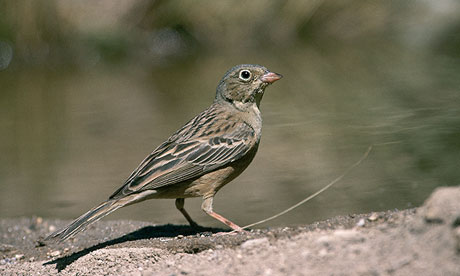
Now a bird protection group has accused the French authorities of turning a blind eye to the slaughter of tens of thousands of ortolan, and harassing its members. The German-based Committee Against Bird Slaughter (Cabs) has lodged an official protest after seven of its members – two Germans and five Italians – including scientists, ornithologists and conservationists – were expelled from a French region where it says trapping ortolan is still rife.
Cabs says police in the département of the Landes took the group – volunteers engaged in locating and recording illegal trapping of Ortolan buntings with cages – to the border of the next region, allegedly for their own safety. Andrea Rutigliano said the action proved France was not complying with its claimed “zero tolerance” of ortolan trappers and that police were ignoring the poaching in defiance of European commission regulations.
“The events show that the authorities deliberately protect the poachers from prosecution,” Rutigliano said. The ortolan bunting (Emberiza hortulana), a small migratory green-grey coloured bird measuring 16cm and weighing 25g (less than an ounce) at most, has the ability to send Gallic gastronomes into raptures.
The author Alexandre Dumas was a fan of the rare bird and the former French president François Mitterrand famously enjoyed an ortolan in his last meal with friends before his death from cancer in 1996. Alain Ducasse, France’s most Michelin-starred chef, wrote that everyone should taste the bird “at least once in their life”.
“Like the black truffle, the ortolan has sparked the most crazy, enthusiastic and over-the-top declarations, the most superlative adjectives and the most overblown frenzies,” Ducasse wrote. When eating an ortolan, diners usually cover their heads with a linen napkin to enjoy the smell of the dish and, it is said, to conceal their greed from God. The dish is particularly popular and most ferociously defended in south-west France.
Axel Hirschfeld, a biologist and spokesman for Cabs, said French poachers were illegally killing “tens of thousands, possibly hundreds of thousands” of ortolan every year.
“The French argue it’s a tradition and their cultural heritage but these birds are a natural heritage and if the French don’t stop trapping them there will be none left. Sometimes we have to break with traditions.”
He added that Cabs had a case against France pending under the European commission’s environment directive. Under EU law it is illegal to deliberately kill or capture the birds by any method, but although banned in France in 1999, bird-protection campaigners say the law is often ignored and badly enforced.
Patrice Abadie, a spokesman for Claude Morel, prefect of the Landes, said the decision to expel the Cabs “militants” was because their “prolonged presence had become provocative”. “They had done nothing illegal, but the prefect’s primary role is to guarantee public order and tensions were mounting between them and local inhabitants,” Abadie told the Guardian.
Among the Cabs’s most prominent supporters is the writer Jonathan Franzen, whose article for the New Yorker on the annual decimation of migratory birds by hunters and poachers in southern Europe, has been made into a film called Emptying the Skies.
This article was written by Kim Willsher for the Guardian UK.

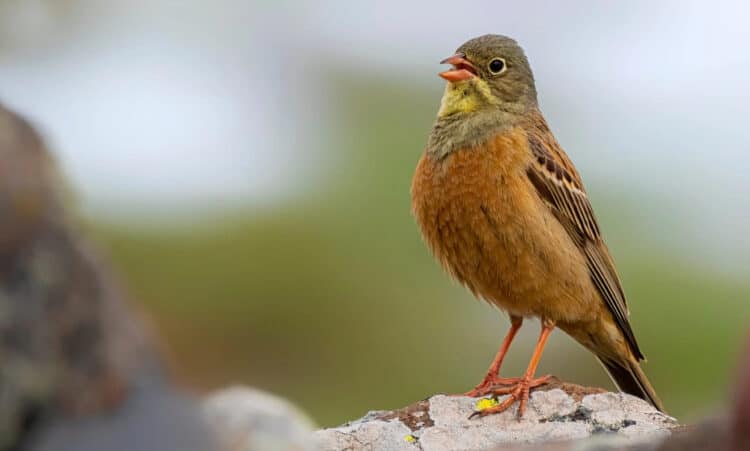
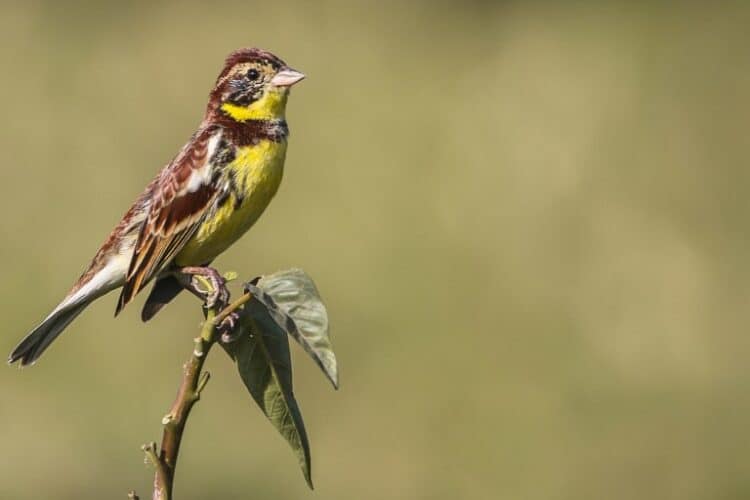

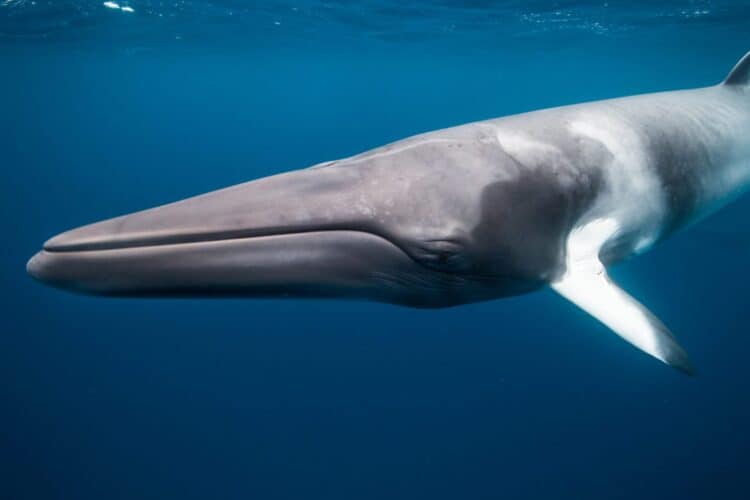

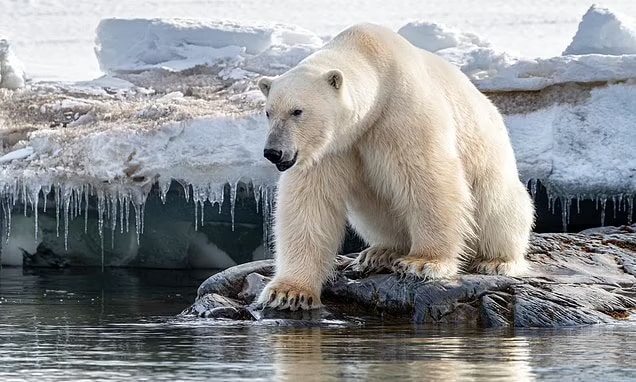
Leave a Reply